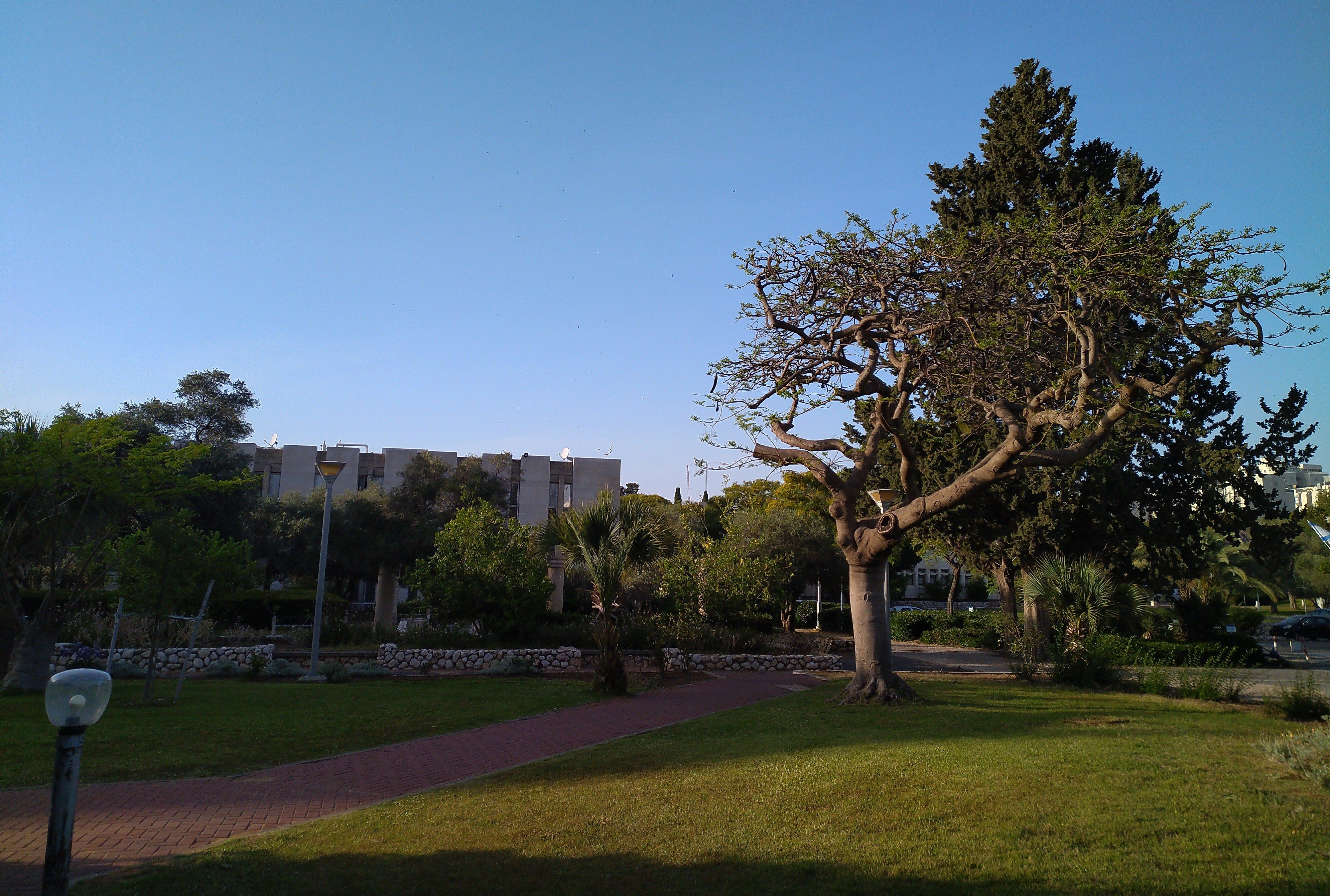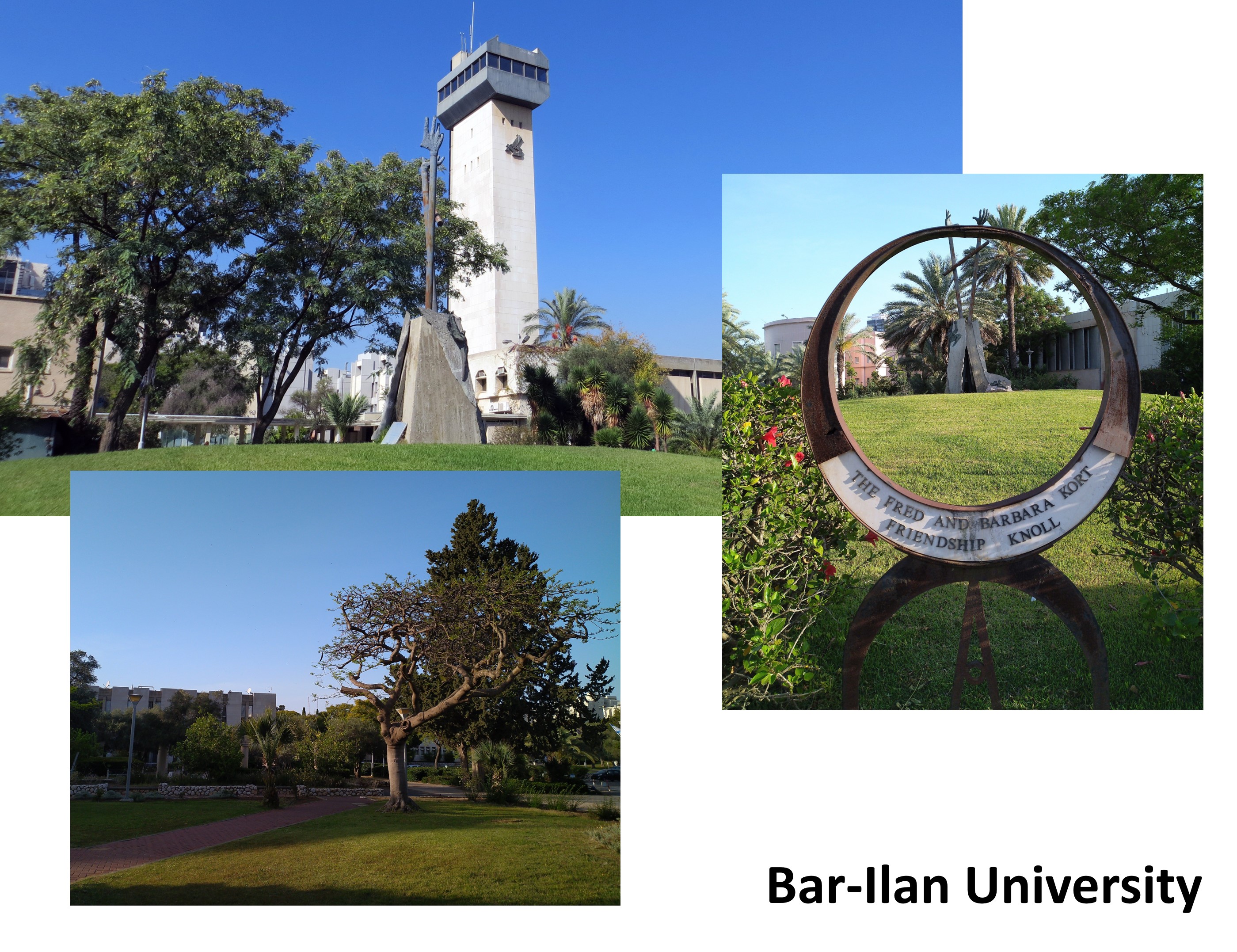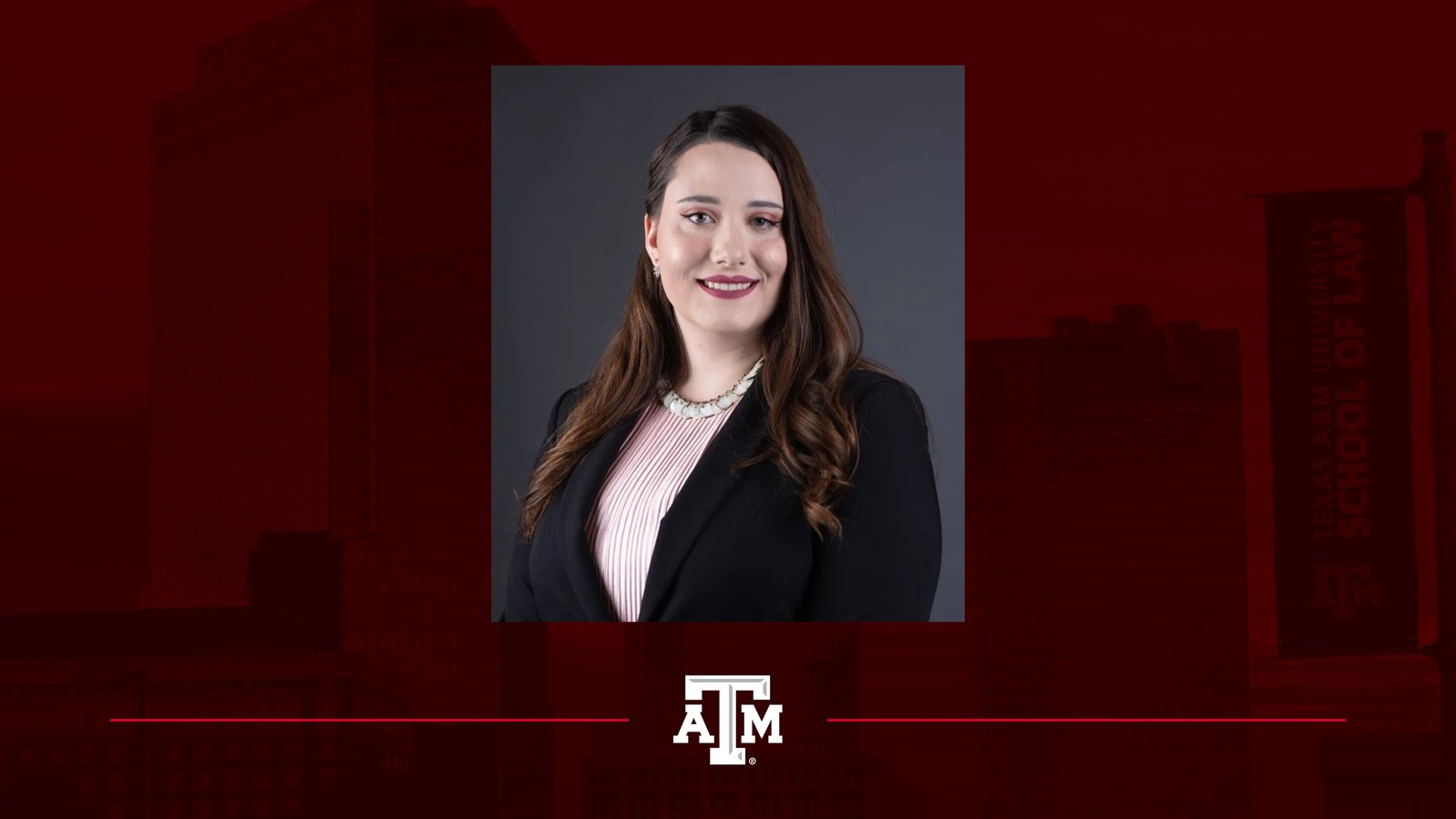Day Four – Bridging the Past and Present: Exploring Israeli History and Alternative Dispute Resolution
By: Sarah Angell '24
This article is part of a series of reflections prepared by students enrolled in the Texas A&M School of Law 2023 Global Field Studies Program: Israel. Click here to visit the entire series.
On our fourth day in Israel, we woke up in Tel Aviv with a full day of learning about the history of Israel and academic lectures on public health and alternative dispute resolution. First, to start our day, we organized as a group to discuss the trip so far and look ahead to what we wanted to learn in the coming days. It was an excellent opportunity for students to compare notes and discuss what pieces we were still missing. Today was an exciting day because of the opportunity to meet with academics on alternative dispute resolution in Israel.
We were soon on our way to a tour of the Yitzhak Rabin Center, which features a museum highlighting the origins and history of Israel. The museum was very immersive and provided a great crash course for us on the creation of the country while tying in the effects of past events upon their current society. One of the interesting parts of this trip is the alternative dispute resolution aspect and navigating that process in the midst of cultural differences. This tour was influential in providing background on the events that helped shape the current atmosphere—an important context to shape how we approached our research in Israel.
 The museum tour provided an overview of the history of Israel and its current implications on society.
The museum tour provided an overview of the history of Israel and its current implications on society.
After lunch, we traveled to Bar-Ilan University in the city of Ramat Gan, just outside of Tel Aviv, where we were introduced to Professors Nadav Davidovitch and Michal Alberstein. Professor Davidovitch is the Director of the School of Public Health at Ben-Gurion University. A physician, professor, and infectious disease expert, Professor Davidovich, provided us with an introduction to public health in Israel. Professor Davidovitch’s expertise helped us better understand public health’s implications on society and culture. He discussed details of the medical profession in Israel and how the system of public access to healthcare operates. He also addressed our wastewater research by discussing some of the public health effects of wastewater management.
 Bar-Ilan University in the city of Ramat Gan
Bar-Ilan University in the city of Ramat Gan
Professor Alberstein is the Dean of Law Faculty at Bar-Ilan University, and some of her current research revolves around multiculturalism and its relation to alternative dispute resolution skills, making her very knowledgeable in addressing alternative dispute resolution and its cultural implications. Many of my peers were excited to meet with a law professor in Israel as a way to examine the legal similarities and differences between Israel and the United States. Beyond her knowledge in dispute resolution, her added perspective as a legal scholar and professor was very valuable to us. She also discussed her experience as Dean of the law school discussing difficult and polarizing topics among the faculty and shared her desire for Bar-Ilan to house a center facilitating conversations on difficult topics.
Back at the hostel, we enjoyed a brief dinner before meeting back up for a presentation over Zoom from Professor Omer Shapira, an Associate Professor at the Faculty of Law at Ono Academic College. As another legal scholar and mediator, Professor Shapira provided a great presentation on alternative dispute resolution. Professor Shapira broke down the steps we should take to address our issue and even provided examples of what questions we might ask and techniques we could adapt to our situation. Professor Shapiro also provided further legal context to our understanding, including the fact that, unlike the United States, civil matters are rarely litigated in Israel. He also provided many examples of alternative dispute resolution being employed in the Israel-specific environmental context. Professor Shapira’s presentation and knowledge were so engaging that after running out of time, students collected questions to email to him. Finally, after a long day immersing ourselves in the historical origins of Israel and all things alternative dispute resolution related, it was time to go to bed and gear up for the next adventure.
Learn more about Texas A&M University School of Law's Global Law and Policy Program, Aggie Dispute Resolution Program, and Energy, Environmental, and Natural Resource Systems Law Program
